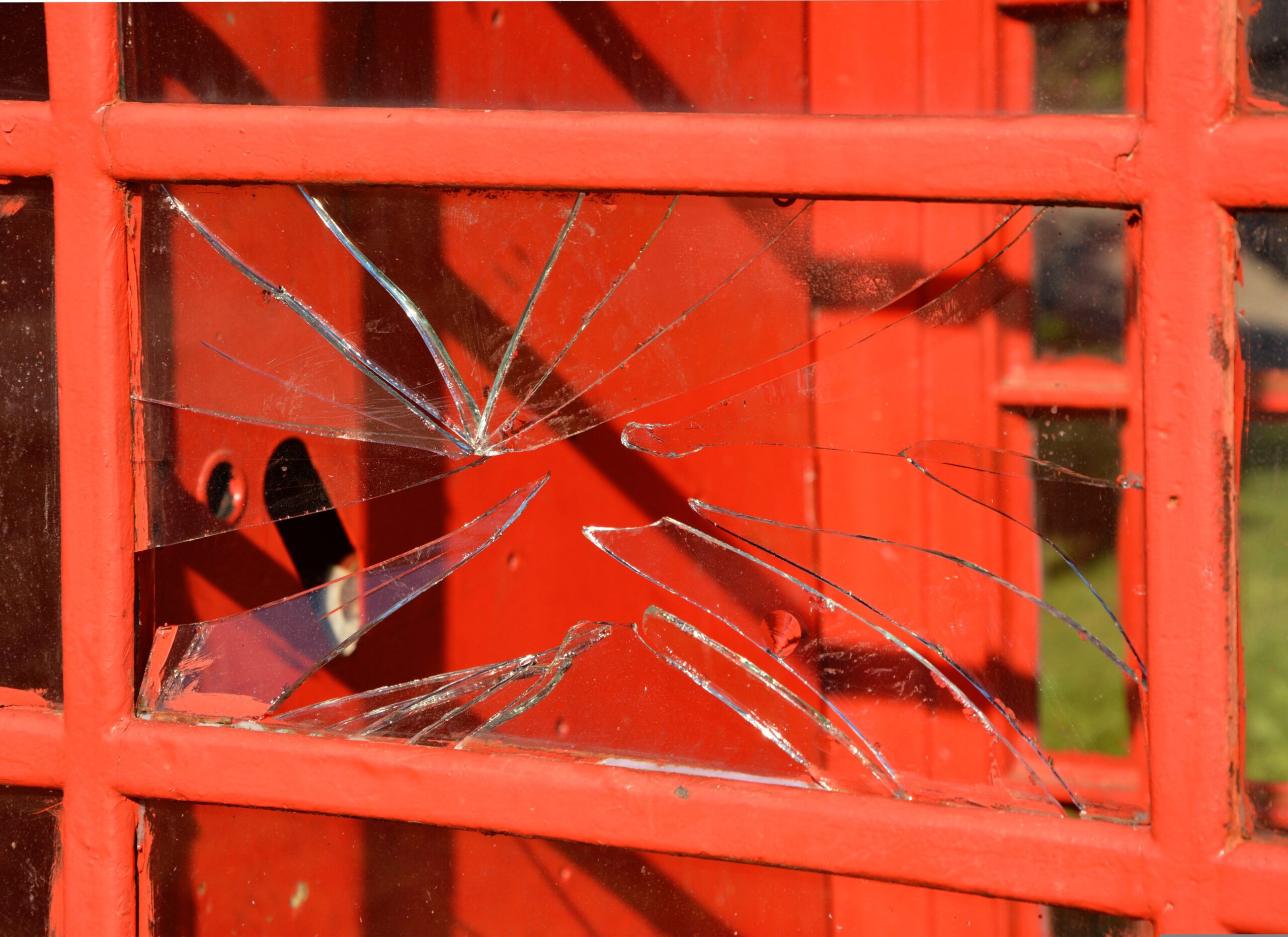Service goes live in criminal trials throughout London and Kent and will be expanded across the country by the end of the year
Credit: Pixabay
Courts across the country are to offer vulnerable victims and witnesses in the ability to pre-record a video cross-examination that can then be screened during criminal trials.
The government said that, for many victims, the process of attending court and giving evidence – often in front of an attacker or abuser – can be traumatic. The aim is that separately re-recording lawyers’ cross-examination with vulnerable witnesses will allow them “to provide their best evidence”. It will also enable evidence to be given closer to the time of the offence in question.
As of Monday, pre-recorded video evidence – the use of which will be decided “by judges on a case-by-case basis” – is being made available immediately throughout the 16 crown courts in London and Kent, as well as those in Lewes, Basildon, Chelmsford and Stafford.
A further 18 other crown courts across the country already make use of the technology during trials. The remaining 40-plus institutions throughout England and Wales will begin to do so by the end of this year.
Related content
- More than 100 courts open for video and telephone hearings
- MoJ to review digital transformation impact on access to justice
- Courts to begin using £280m digital Common Platform system in September
Justice minister Alex Chalk said: “Vulnerable victims show great courage by coming forward, and it’s vital they can do so in the least traumatic way possible. This technology ensures they are protected and are able to give their best possible evidence, without reducing a defendant’s right to a fair trial.”
According to HM Courts and Tribunals Service, victims and witnesses that may be considered for pre-recorded evidence include anyone under the age of 18, as well as “any witness who quality of evidence is likely to be diminished because they are suffering from a mental disorder or physical disability or has significant impairment of intelligence and social functioning”.
While the evidence provided is played in court, legal representatives of both the prosecution and defence will be present, as will judges and defendants.
Victims’ commissioner Dame Vera Baird said: “I very much welcome this further rollout ensuring that more vulnerable victims and witnesses have the option to pre-record their evidence. I have long been concerned that children who complained of victimisation should not spend a long part of their childhood beset with the worry of ultimately giving an account of what happened. If they can give their evidence at an early stage, they will then be free to get on with their lives. There is also a further point that therapy is often delayed whilst a complainant is a witness.”



